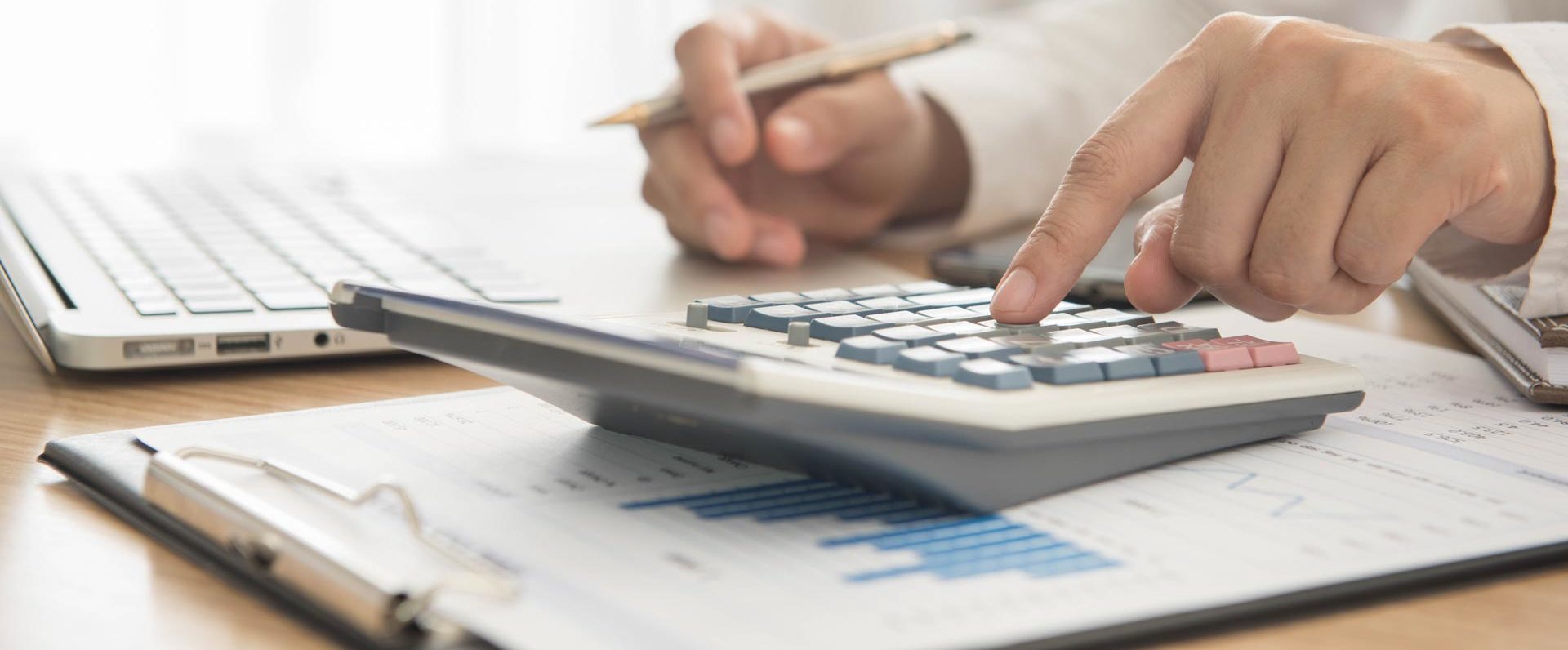Keeping records for business
Posted on 13th May 2017 at 12:25
Typical records you may need to keep - keep supporting records, for example, invoices, bank statements and paying-in slips to show where the income came from • record all purchases and other expenses as they arise and make sure that you keep invoices for them (unless the amounts are very small).
If you keep your records on computer - You can keep most records on a computer or use any storage device such as CD-ROM, USB memory stick or a network drive. You may not need to keep the original paper records as long as the method you use captures all the information (front and back) on the document and allows you to present the information in a readable format, if requested.
How long to keep your records - The records for an accounting period will normally have to be kept for six years from the end of that period.
If you run a business or work for yourself -You'll need to:
• set up a system for keeping records in the first place
• maintain them regularly/frequently throughout the year • keep them for as long as necessary – read How long to keep your records. Keeping adequate accounting records is a legal requirement.
Expenditure without back-up evidence - You should back up all your expenditure with bills or other evidence. If, exceptionally, you do not get a receipt for some small items of cash expenditure, such as taxi fares or tips, you should make a note as soon as you can of the amount you spent and what it was for.
Record keeping penalties - If you do not keep adequate records or you do not keep your records for the required period of time, you may have to pay a penalty.
Penalties for an inaccurate return - If you send an inaccurate return you may have to pay a penalty. However, people do make mistakes. You will not have to pay a penalty if you can show that you took reasonable care to get your return right but still made a mistake. Some of the ways in which you can show you’ve taken reasonable care include:
• keeping full and accurate records which are regularly updated and saved securely
• checking with HMRC or an agent or accountant if there is something that you don’t understand.
Getting things right from the start - It is especially important if you are starting a new business that you get a proper record keeping system in place from the beginning.

Tagged as: Bookkeeping
Share this post:



